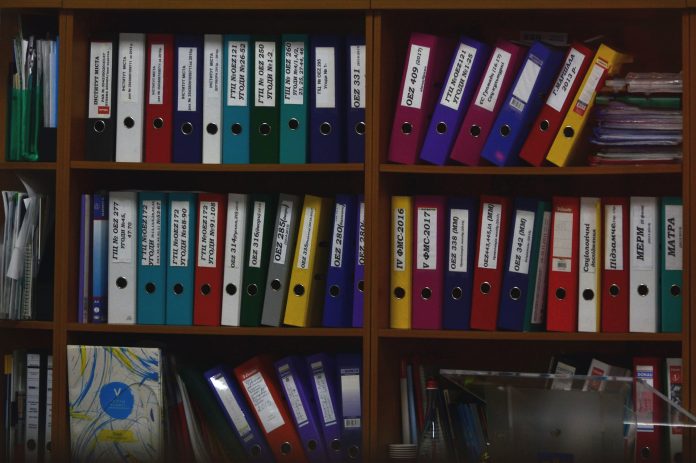Red tape, bureaucracy — whatever you want to call it — is the reason why everybody dreads going to the DMV (or any government office, for that matter). Romania might have the answer to this, and it involves the use of NFTs.
On June 6, Romania’s National Institute for Research and Development In Informatics (ICI) announced an ongoing project that’s slated to make life easier for all its citizens, Web3 native or not. It’s an institutional NFT marketplace that, according to ICI Director Adrian Vevera, would “evolve the collaboration between citizens and institutions using a modern digital framework.”
Say goodbye to your physical wallet
In this institutional NFT marketplace, citizens will be able to utilize existing NFT technologies to access, transfer, and store official documents safely and securely on a digital ledger — an NFT.
Reportedly, these documents will range from birth certificates and driver’s licenses to land or property deeds. Once fully rolled out, Romanian citizens will then be able to have NFT equivalents of all their important documents stored in one convenient digital location. The Romanian government is working closely with the highly-scalable and carbon-negative Elrond Network to make this possible.
So how will it all work?
Transforming public administration
This project, dubbed Romania’s National System for Issuers and Assets (NSIDA) is set to offer citizens a secure NFT marketplace where they will be able to acquire verified government documents without physically going to a government office. On top of this, the ICI is also hoping to utilize the Elrond Network to decentralize digital communication for Romania’s critical public resources, making them more secure and accessible.
So would this change in infrastructure make physical licenses, documents, and certificates obsolete? Not quite. Thanks to the cryptographically secured formats future Romanian government documents are planning to have, IRL files will still retain their full validity and utility. The main difference moving forward is that they will also feature counterparts on the Elrond blockchain for online transactions or applications. Minting these documents as NFTs also ensures they remain secure and non-falsifiable.
Ultimately, the ICI’s goal with this initiative is to increase the speed and efficiency upon which these documents are created and processed. Vevera believes that the implementation of Web3 technologies like NFTs “can transform public administration and help its institutions and processes leap forward in terms of efficiency and speed while decreasing costs, overhead and excessive bureaucratic activities.”
Currently, this planned initiative by Romania’s ICI marks the first of its kind in the entire European Union. Should it prove to be a success, governments across Europe — and maybe even the world — will have a win-win situation on their hands. Transferring a bulk of government services online will offer them a seamless method to cut down on costs, while simultaneously making life more convenient for their constituents.
“The intersection of governance and technology creates a universe of opportunities for advancing society,” said Elrond Network CEO Beniamin Mincu in a press release. Let’s hope this specific intersection pans out.

